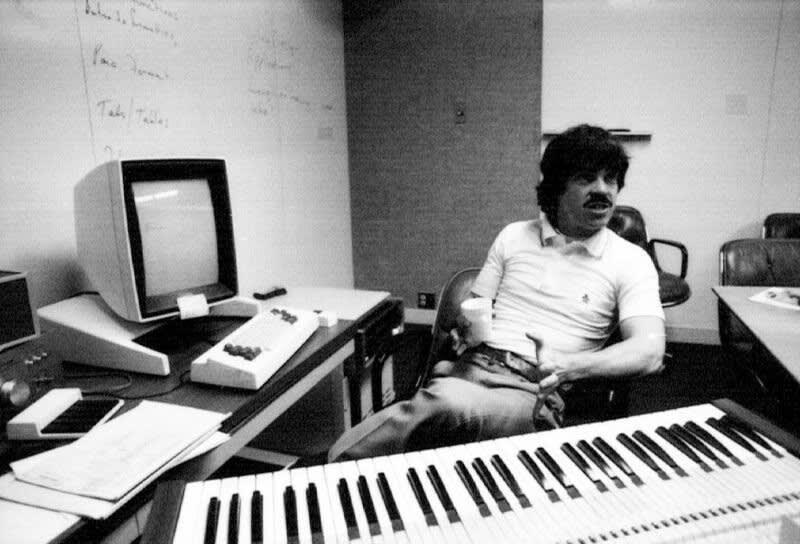"Point of view is worth 80 IQ points." - Alan Kay
“Point of View is worth 80 IQ points.” - Alan Kay
Great products often come down excellence in one specific area or small set of related areas. For example, the nest thermostat focused on beautiful design and intelligent temperature control. Slack made chat at work fast and fun. Google obsessed over the speed of its search engine, to this day displaying the speed of each search prominently.
What is common to these experiences? Of course, they all required an obsessive focus on countless details, but before the design or the code came one thing - a point of view.
An opinionated perspective on where you head is a crucial ingredient to success and one that far too many product teams lack. You can base this perspective on your intuition, a mountain of data, or by playing with currently available solutions - unearthing every wart and blemish. The source is irrelevant as long as you narrow your gaze and create a compelling direction for the team.
“Begin with the end in mind.” - Stephen R. Covey
You may be wondering why a point of view makes the difference. Fair question. Well, no team has unlimited time or attention. The act of creation can pull you in a million directions, and this fact requires you to decide what gets life blown into it, and what languishes through inattention.
A point of view lets you know what matters, and thus, what needs extraordinary attention. Said another way, if you have a conviction on what matters to the customer, and where the current options are fundamentally substandard, you have the beginnings of a great product.
Having this vector in the mind of the entire team helps everyone make tradeoffs as deadlines loom. It also helps to drive creative exploration into the critical areas of the product.
“Even if you have constrained resources, do not cut corners. People will feel it.” - Tony Fadell
At Tesla, Elon Musk didn’t need to spend much time ‘reinventing’ the steering wheel, or the glove box, or the leather interior, or the paint, or the windshield glass, etc. However, the drivetrain (electric motor, battery, and charging), the essence of the elective car, took incredible amounts of work to get right, and these were ALL novel inventions. A unwavering commitment that electric was the future, and non-optional, made this happen.
A strong point of view helps you explain the product to future customers as well. After all, if you don’t know the essence of what you’re building, and why it matters, how can you expect your customers to?
“This is a very complicated world. It’s a very noisy world, and we’re not going to get a chance to get people to remember very much about us.” - Steve Jobs

